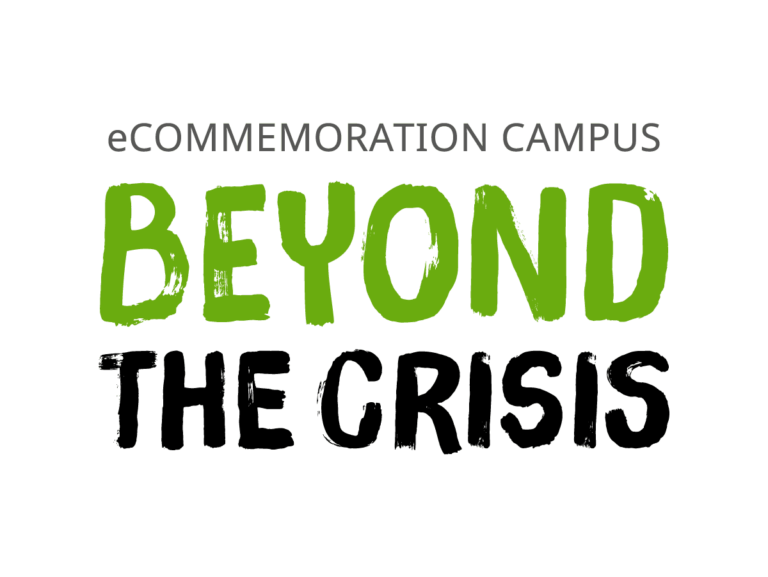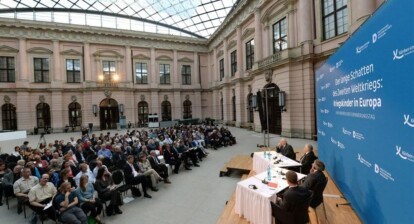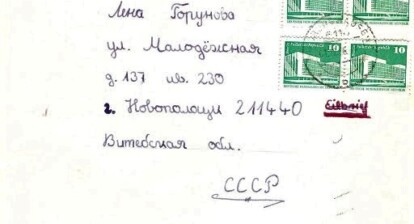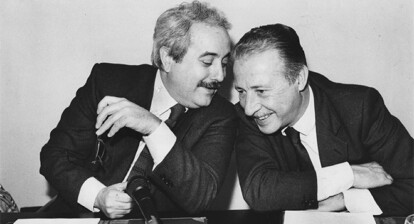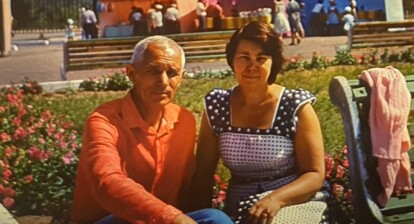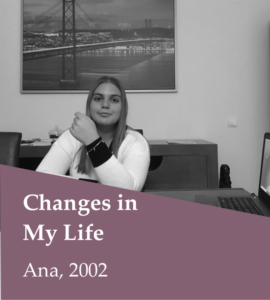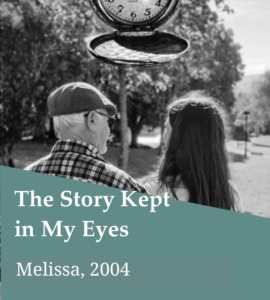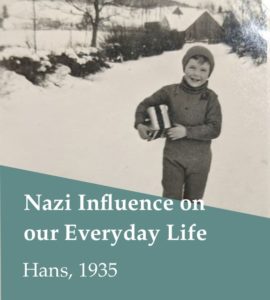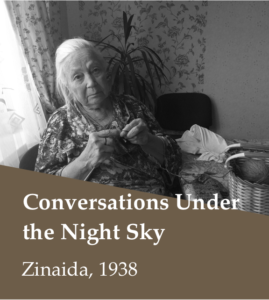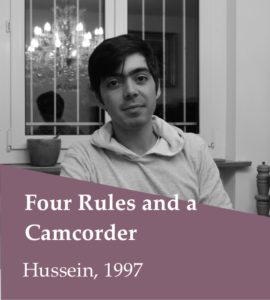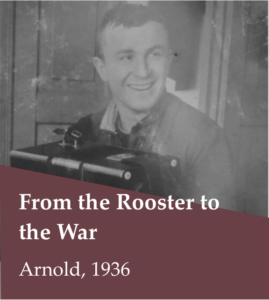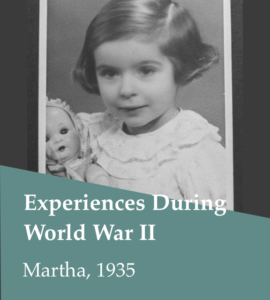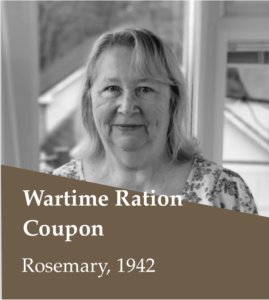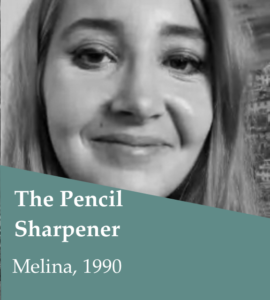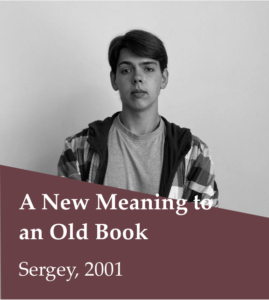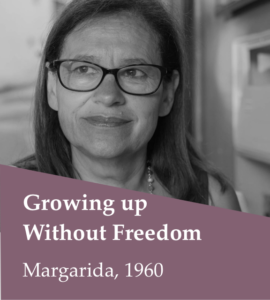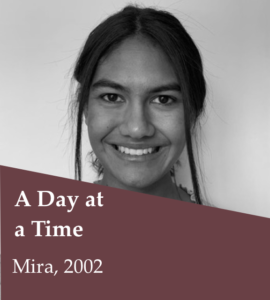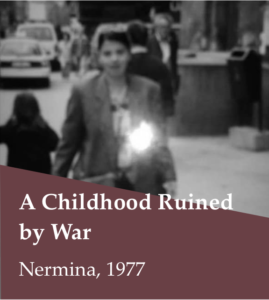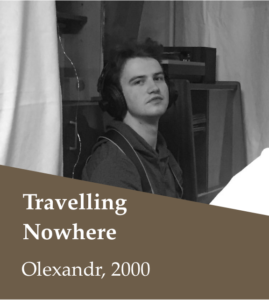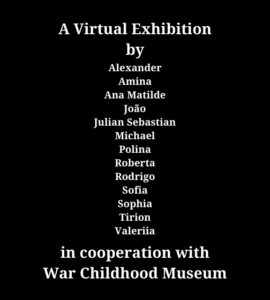Story: Arnold, 1936 / Interviewed by Alexander
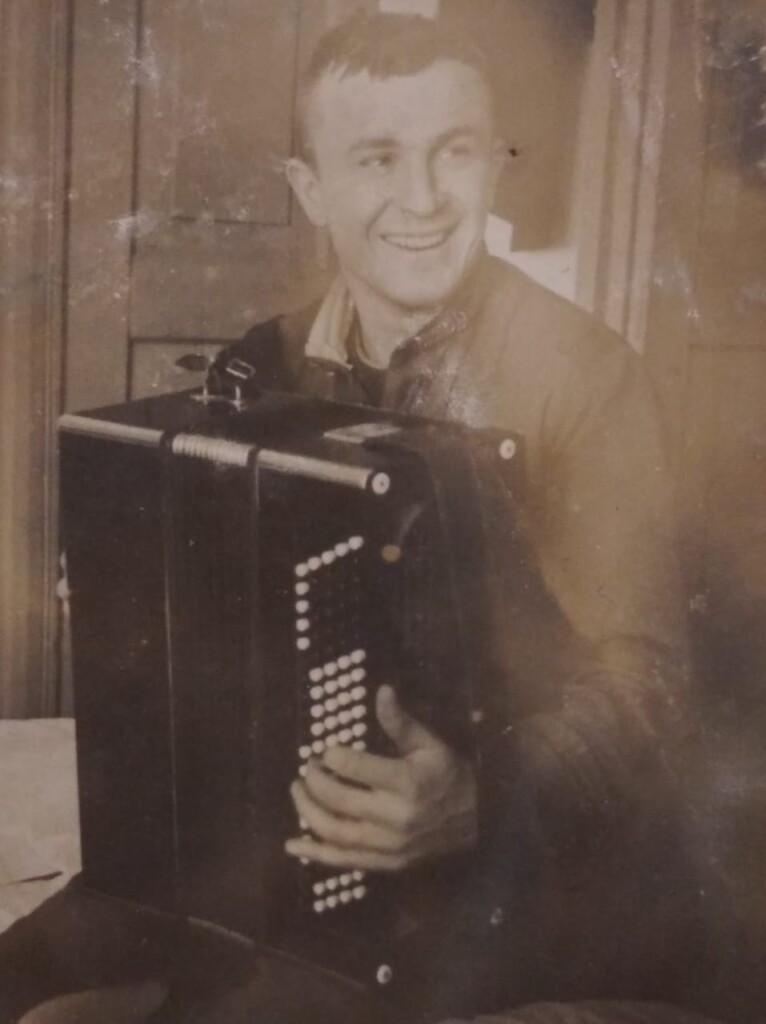
I was born in September 1936, in the village of Lyubovin in Belarus. My first memory is from the age of two. I remember our family rooster. We were the same height and we had the same intellect. Next thing I remember is being five years old and I was already going to the store alone. I would be given a coin – 15 or 20 Soviet pennies – to buy biscuits or candies. But one day when I went to the store, there was a crowd of people. No one paid attention to me. I headed back home, upset. A bit later it became clear that the war had started and that the people at the store were trying to buy threads, needles, and fabric, so that they could make clothes, if needed. Despite being only five years old, I knew that war was something serious.
Despite being only five years old, I knew that war was something serious.
The school didn’t work, and us, children, were on our own. Me and my friend Olechka were constantly exploring the surroundings of the village. Once we saw German soldiers leading a column of prisoners of war. I then went up the street to the center of the village. There were prisoners sitting on the grass and resting. As I walked along them, I saw one with a rolled-up trouser leg. A piece of his leg was torn out. Although I was only five years old, I understood that the wound would not heal. All this plunged me into a mood of despair. Today it was him, and tomorrow it could be anyone…
One evening, along the village road, we saw German soldiers retreating. There was no end to the column. Someone started a rumor that the German soldiers will burn the village, so my mother and grandmother began to load essential things on the cart. At that moment a German soldier appeared and shouted: “Stop, if you leave the village, you will be shot there. Your army will be here in the morning.” The Soviet army really did arrive at 6 am. The village was asleep. After that, everything was like before the war, like on a collective farm. There was not much to be happy about, because everyone understood that very few people would return home.
Arnold, 1936

